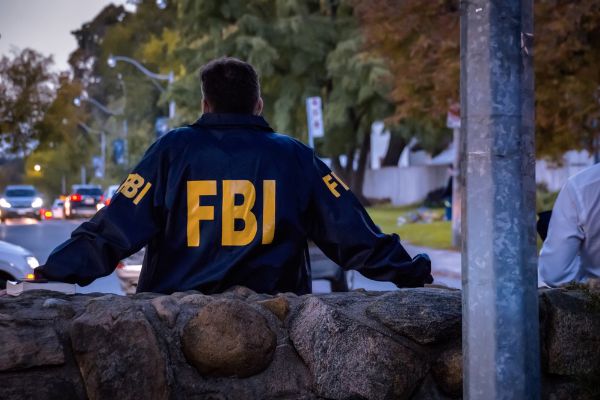
Another unanimous verdict by the Supreme Court this week, although this one went somewhat unnoticed (excuse the pun) in comparison to, say, the case on the Colorado ballot and the 14th Amendment earlier in March. This lawsuit is not about elections but rather about national security and the FBI’s “No Fly” list, as well as potential remedies for those who were mistakenly added to it.
In summary, the FBI’s decision to remove Yonas Fikre off the list does not make his complaint against the agency moot; instead, it allows the case to continue (for the time being). The extended version requires a little more work.
“Yonas Fikre, a citizen of the United States of Eritrea who was residing in Sudan when he discovered he was on the list in 2010, saw the ruling as a win. A few months later, Fikre flew to the United Arab Emirates, where he was detained, imprisoned, and subjected to torture. Eventually, Fikre arrived in Sweden, where the government sent a private plane to bring him back to the US. In 2013, Fikre filed a federal lawsuit in Oregon, claiming that his inclusion on the FBI’s list was a violation of his constitutional rights. After the FBI took him off the list and pledged not to add him again “based on the currently available evidence,” a federal district court dismissed his complaint as moot. However, the U.S. Court of Appeals for the 9th Circuit brought back Fikre’s complaint, which prompted the FBI to request a Supreme Court review.”
The government’s main argument was that Fikre’s claim was irrelevant as his name was taken off the No Fly list (after he filed his lawsuit). The Ninth Circuit overturned the district court’s decision, noting that “a party seeking to moot a matter based on its own voluntary stopping of challenged behavior must establish that the conduct cannot’reasonably be anticipated to reoccur.” The district court had supported the government. After the matter was remanded to the district court, the government submitted an affidavit stating that Mr. Fikre would not be added to the No Fly List going forward, based on the evidence that was available at the time. Thus, Fikre appealed, the Ninth Circuit again overturned the ruling, stating that the government had not satisfied its burden, and the FBI appealed to the Supreme Court after the district court once again rejected it as moot.
Justice Neil Gorsuch’s judgment for the court outlines the burden of proof for a defendant arguing that a case is moot after ending the alleged behavior willingly.
“Gorsuch noted in a succinct nine-page ruling that a defendant who terminates the behavior at issue in a lawsuit and claims it is now moot has a “great burden” to demonstrate that its acts “cannot reasonably be expected to reoccur.” This is in accordance with the Supreme Court’s rulings. If not, defendants might halt the in-question behavior and then easily pick it up once the lawsuit is dismissed, according to Gorsuch’s reasoning.”
According to Gorsuch, the government’s assurance that it won’t put Fikre back on the No Fly List in this instance based on “now available facts” falls short of the government’s high standard, and the case shouldn’t be rejected as a result. According to Gorsuch, the government’s assurance “may mean that his previous actions are not enough to mean relisting,” but it makes no mention of the possibility that Fikre would end up back on the list “if he does the same or similar things in the future — say, attend a particular mosque or refuse renewed overtures to serve as an informant.”
Author: Steven Sinclaire
These content links are provided by Content.ad. Both Content.ad and the web site upon which the links are displayed may receive compensation when readers click on these links. Some of the content you are redirected to may be sponsored content. View our privacy policy here.
To learn how you can use Content.ad to drive visitors to your content or add this service to your site, please contact us at [email protected].
Family-Friendly Content
Website owners select the type of content that appears in our units. However, if you would like to ensure that Content.ad always displays family-friendly content on this device, regardless of what site you are on, check the option below. Learn More



